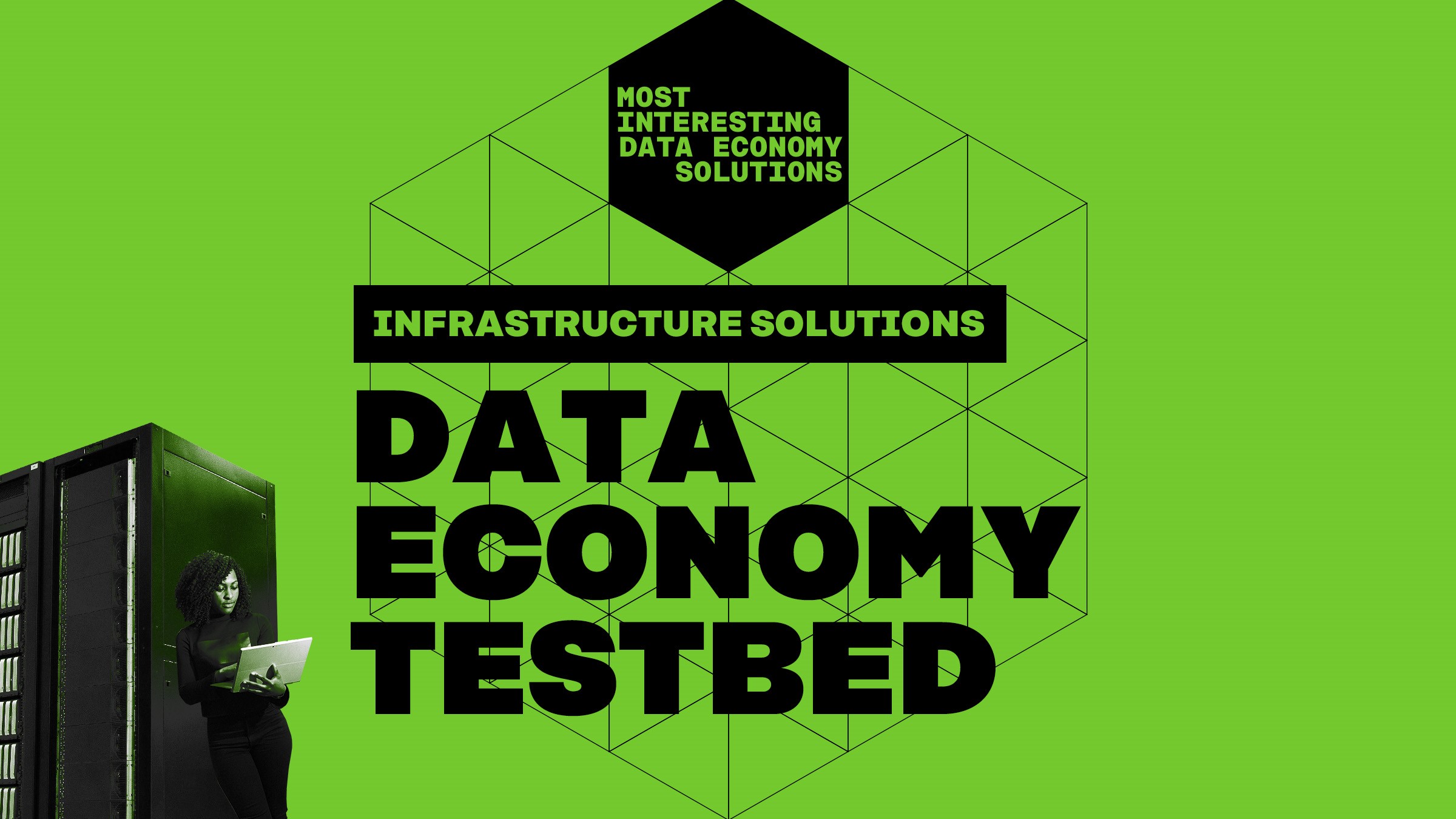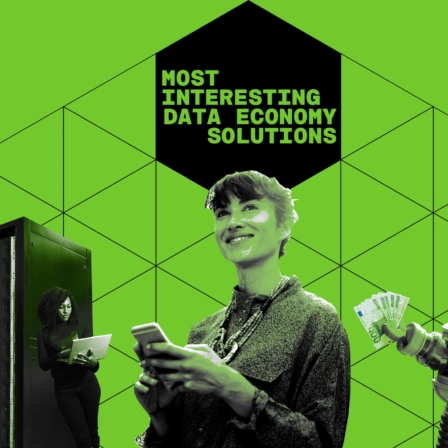A testbed, a playing field, a data economy accelerator. This is how the national experimental environment could best be described. On the platform, companies and public actors can experiment with data sharing free of charge.
This has been done successfully in recent years. One of them was the experiment by Finnish industrial companies, where the aging, secondary use and recycling of industrial machine batteries were made more efficient by sharing data.
The testbed has also been used for data sharing between public authorities so that, for example, a foreigner moving to Finland does not have to identify himself or herself in numerous different places. The immigrant’s arrival in Finland would be smoother if the data were automatically transferred from the Finnish Immigration Service to the Digital and Population Data Services Agency, the Tax Administration and banks. In some cases, this would require legislative changes.
In the second experiment, the Finnish, Swedish and Norwegian business registration and tax authorities digitally modelled setting up a company in another country and studied how the necessary data could flow smoothly across national borders.
In practice, the test environment is a communication solution for creating and testing a data ecosystem Data ecosystem Several data networks can form a data ecosystem, “a network of networks”, in which the members collaborate with each other to share and use data, as well as to boost innovation and new businesses. Open term page Data ecosystem . A data ecosystem is a network in which a company, its customers, subcontractors and authorities share and use shared data to create new business.
“Data is the most important raw material of our time. How to use it is a completely different question. The testbed helps us understand what it takes to share data among complex networks,” says Jukka Kyhäräinen, Director of the Virtual Finland project under the Ministry for Foreign Affairs, which manages the experimental environment.
The testbed accelerates the creation of ecosystems in several sectors
Finnish machinery manufacturers and their technology partners used the platform to share data on machine batteries used in forestry, construction, mining and logistics, such as data on their charging capacity and usage.
According to Harri Nieminen, who works at VTT, Technical Research Centre of Finland and heads the machinery consortium, the experiment showed that sharing battery data between battery manufacturers, users and recyclers helps to produce more efficient and environmentally friendly machinery. It also promotes the secondary use of batteries, for example as a backup power source, and battery recycling.
“We were able to get a working prototype out of the experiment, where the interfaces of Valmet Automotive, Ponsse, Kalmar and Sandvik were able to transfer battery data between them for the first time throughout their lifecycle. This has given us ideas for a whole range of new businesses and services,” says Nieminen.
In the testbed, it is possible to test before production whether the idea works and how it should be implemented.
“In this way, we understand what the implementation requires both technically and in terms of costs and the roles of the operators involved. Companies, in particular, have a high threshold for piloting anything without a guarantee of benefit. This could be called the incubation phase, where guarantees are obtained,” says Kyhäräinen.
Finland’s data economy success story is looking for a new home
Nieminen says that the success of the battery data experiment has increased the appetite of industrial companies. Next, the companies involved in the experiment will be the first to demonstrate outside the test conditions how battery data is connected to use and used by different actors. This will be done with the help of digital product passports.
This would make it possible to digitally read data about the battery, for example, its manufacture, use and emissions. The European Commission will also require this in the future.
The Virtual Finland project, which administers the test platform, will end in June 2024. After that, the future of the test platform is open, and a successor to the platform’s work is being sought. According to Kyhäräinen, Finnish or Nordic operators are currently being considered.
“There is no similar solution for cross-border data sharing in the Nordic countries. There are paid trial environments in Europe. The data economy is the fastest growing sector in the EU and offers growth opportunities for Finnish operators. The experimental environment would be a way to make Finland a data economy success story.”


